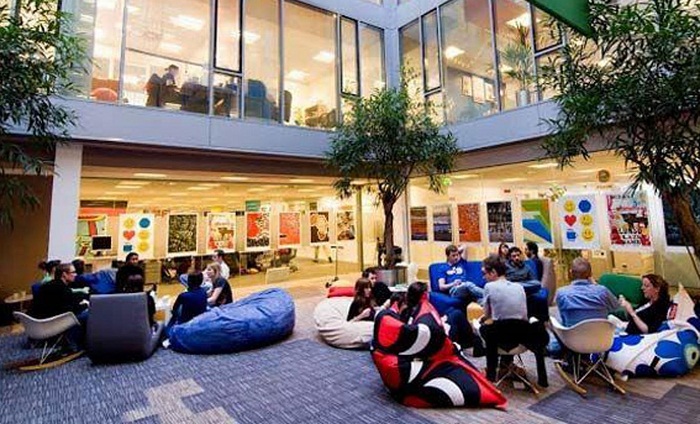Google have figured out the secret to a good working environment

Google works hard to keep employees happy and motivated. It already offers free lunches, massage rooms, nap pods, haircuts and doctors. Google spends money to help new parents and offers them time off to look after their baby. Employees get paid-for courses, free legal advice, free bikes and even space in the company garden to grow vegetables.
Then, Google being Google, it measures every scrap of data from these perks.
Laszlo Bock, who heads Google`s People Operations Department, told CBS: “We try to bring as much analytics and data and science to what we do on the people side as our engineers do on the product side.”
Bock has data that shows that if the manager greets a new recruit on their first day, that recruit is 15 per cent more productive in nine months` time.
But a year in to their research, the people behind Project Aristotle were stumped. Beside all the perks, they had identified some important factors that made group work more effective, but their data didn`t offer a clear view of which was the most important, or a consensus on how to organise a group for best results.
The they came across a study that found that successful teams had high "average social sensitivity" - which means group members were good at gauging how others felt based on their tone of voice or expression. Another way of referring to this in psychology is psychological safety.
Amy Edmondson, a Harvard Business School professor, defines psychological safety as a "a sense of confidence that the team will not embarrass, reject or punish someone for speaking up".
In an article for the New York Times, Charles Duhigg told the story of a Google executive who volunteered to try out some of Project Aristotle`s findings.
When he discovered his team wasn`t as happy and productive as he thought they were, he took them offsite and made a huge personal confession: he had stage four cancer. After a stunned silence, other members of the group started to talk about their own personal issues.
Although Project Aristotle hadn`t advocated making personal revelations, the Google exec realised that to create psychological safety in his team, he needed them to bond.
By trying to maximise productivity using data, Google realised that psychological safety, or the security form ties and talk about feelings, was the most important factor.
They had stumbled on the key to building a successful team: just be nice.















































